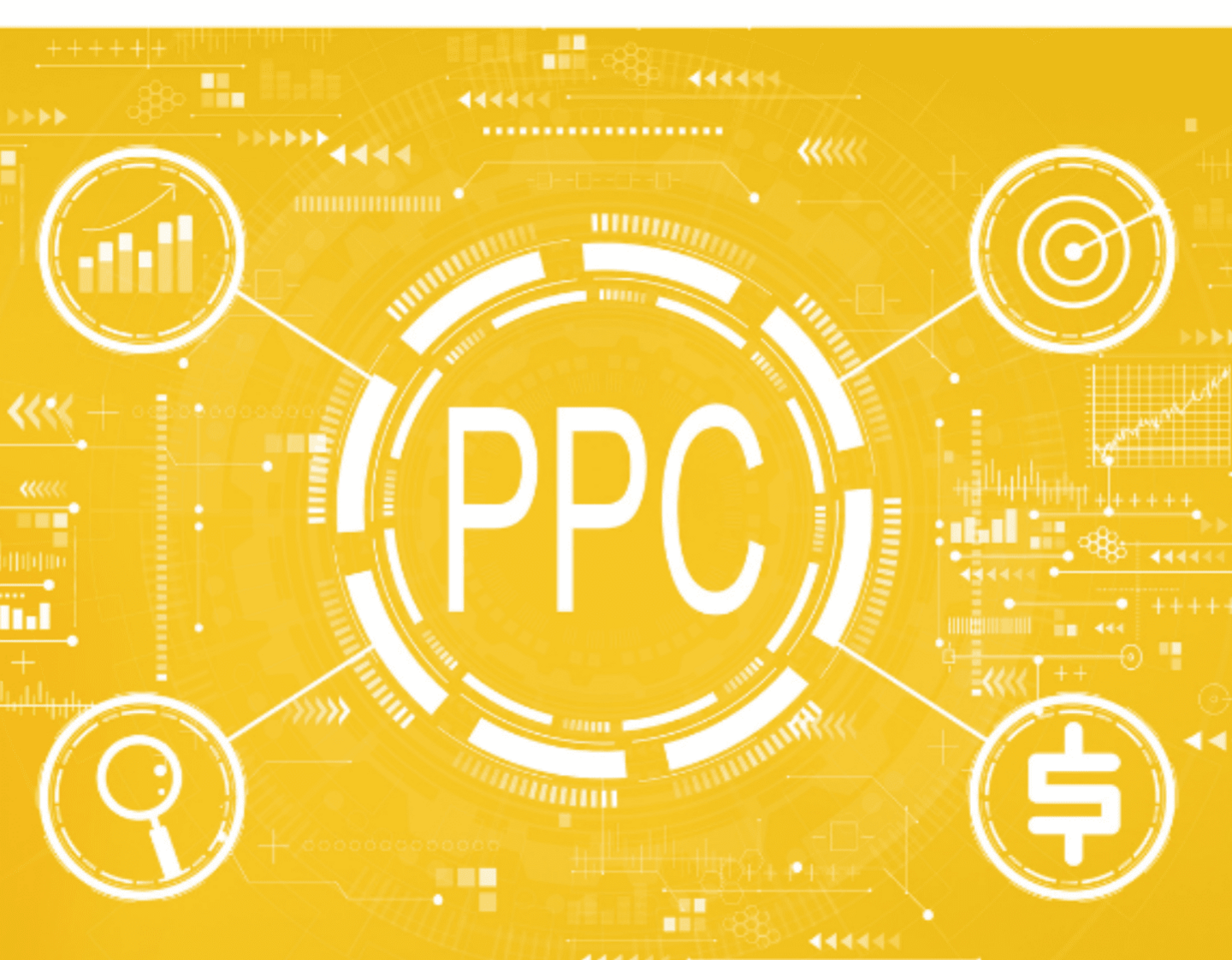What is PPC? A Complete Guide for Marketing Professionals
Introduction: Understanding Pay-Per-Click Advertising
The digital marketing world offers many paths to reach potential customers, with Pay-Per-Click (PPC) advertising standing as one of the most effective methods for achieving quick results. PPC is a digital marketing model where businesses pay a fee each time someone clicks on their advertisement, making it possible to "buy" website visits rather than waiting for them to occur organically.
For marketing professionals in the UK, PPC knowledge has become a fundamental skill that can open doors to career advancement and help businesses achieve meaningful growth through online marketing. Whether you're starting your marketing journey or looking to add another skill to your professional toolkit, understanding PPC can give you a competitive edge in the job market.

What is PPC? The Core Concepts
At its heart, PPC advertising operates on a simple premise: advertisers bid on keywords related to their business, and when users search for those terms, the ads appear in search results. The advertiser then pays only when someone clicks on their ad.
PPC differs from other marketing channels in several ways:
It provides immediate visibility on search engine results pages
You pay specifically for each website visit rather than paying for impressions
It offers detailed targeting options based on keywords, demographics, and behaviours
Results are highly measurable with clear tracking of return on investment
The most common PPC platforms in the UK include Google Ads (which dominates the market), Microsoft Advertising (formerly Bing Ads), and social media platforms like Meta (Facebook and Instagram), LinkedIn, and TikTok. Each platform offers unique advantages depending on your target audience and marketing goals.
The basic mechanics of PPC involve:
Keyword bidding: Selecting relevant search terms and setting maximum bid amounts
Ad creation: Writing compelling copy that encourages clicks
Ad placement: Having your ads shown based on both bid amount and relevance
Quality Score: A rating that affects both ad position and cost, based on the relevance and quality of your ads and landing pages
With the average return on investment for PPC being 200%, it plays an essential part of the marketing mix for businesses of all sizes.
Types of PPC Campaigns for Different Marketing Goals
Marketing professionals work with various types of PPC campaigns, each designed to achieve specific objectives:
Search ads appear on search engine results pages when users look for particular keywords. These text-based ads are perfect for reaching people actively searching for products or services.
Display ads are visual advertisements shown on websites within advertising networks, making them ideal for building brand awareness with a broader audience.
Shopping ads feature product images, prices, and retailer information directly in search results, making them powerful for e-commerce businesses looking to drive sales.
Video ads appear on platforms like YouTube and social media, offering an engaging way to tell your brand story and connect with potential customers.
Social media PPC encompasses various ad formats on social platforms, allowing for precise targeting based on detailed user information.
Remarketing campaigns focus on re-engaging users who have previously visited your website, encouraging them to return and complete a desired action.
Key PPC Metrics Every Marketing Professional Should Understand
To manage PPC campaigns effectively, marketing professionals need to monitor several important metrics:
Click-through rate (CTR) measures the percentage of people who click on your ad after seeing it. A high CTR suggests your ad is relevant and appealing to your target audience.
Cost per click (CPC) is the amount you pay for each click on your ad. This varies based on keyword competition, your bid amount, and your Quality Score.
Conversion rate shows the percentage of users who complete a desired action after clicking your ad, such as making a purchase or filling out a form.
Quality Score is a rating (typically 1-10) assigned by platforms like Google Ads based on the relevance and quality of your ads, keywords, and landing pages. Higher scores can lead to better ad positions at lower costs.
Ad rank determines your ad's position on the search results page, calculated using your bid amount, Quality Score, and other factors.
Return on ad spend (ROAS) measures the revenue generated for every pound spent on advertising, helping you assess the overall effectiveness of your PPC investment.

How PPC Works With Other Marketing Channels
PPC is most effective when integrated with other marketing strategies:
PPC and SEO complement each other perfectly. While SEO builds long-term organic presence, PPC delivers immediate visibility. Data from PPC campaigns can also inform which keywords are most effective at driving conversions, helping shape SEO strategy.
Content marketing and PPC form a powerful partnership. PPC can amplify the reach of your content, while high-quality landing page content improves Quality Score and conversion rates for PPC campaigns.
Social media marketing and PPC can work together across both search and social platforms. Remarketing strategies can target users who have interacted with social media ads on search engines, and vice versa.
In broader marketing strategies, PPC provides targeted reach and measurable results that contribute to a consistent customer experience across all brand interactions.
PPC Career Paths in Marketing
The field of PPC offers various specialised job roles and career paths for marketing professionals in the UK:
PPC Specialist roles focus on day-to-day management and optimisation of campaigns across different platforms. These professionals conduct keyword research, write ad copy, manage bids, and analyse performance data.
Digital Marketing Manager positions typically oversee broader digital marketing strategies, with PPC being one important component. These roles involve setting goals and making sure PPC efforts align with overall marketing objectives.
SEM Manager roles encompass both paid search (PPC) and organic search (SEO) strategies, working to maximise visibility in search engine results through both channels.
PPC Account Manager positions, often found in agencies, involve managing campaigns for multiple clients while also handling client communication and reporting.
Digital Marketing Analyst roles focus on examining marketing data to identify trends, extract insights, and provide recommendations for campaign improvement.
Career paths in PPC can vary depending on whether you work for an agency or in-house. Agency roles often provide experience across diverse industries, leading to rapid skill development. In-house positions allow for deeper understanding of a specific business and its customers, often leading to more strategic roles within that company.
Getting Started With PPC: Practical Steps
If you're new to PPC, here are the essential steps to launch your first campaign:
Set up an account on your chosen platform and define clear campaign goals, whether that's increasing website traffic, generating leads, or driving sales.
Research and build effective keyword lists using tools like Google Keyword Planner. Include a mix of broad match, phrase match, and exact match keywords, as well as negative keywords to exclude irrelevant searches.
Create compelling ad copy that clearly communicates your offering's benefits, includes relevant keywords, and features a strong call to action. A/B test different variations to see what works best.
Make sure your landing pages are directly relevant to your ads, load quickly, are mobile-friendly, and have clear calls to action. A good landing page experience is vital for converting clicks into customers.
Set a realistic budget and choose appropriate bidding strategies. Start with a smaller budget to test performance before scaling up, and consider automated bidding options for greater efficiency.
Skills That Drive PPC Success
To excel in PPC, marketing professionals should develop several key skills:
Analytical abilities help you interpret campaign data and make data-driven decisions to improve performance.
Creative thinking is essential for crafting engaging ad copy that stands out from competitors and drives clicks.
Marketing psychology knowledge helps you create more compelling campaigns that resonate with users and encourage conversions.
Data interpretation skills allow you to use analytics tools effectively to track performance and identify areas for improvement.
Technical knowledge of PPC platforms, tracking implementation, and website technologies supports more sophisticated campaign management.

The Future of PPC: Trends to Watch
PPC continues to evolve, with several important trends shaping its future:
Mobile-first approaches have become essential as more users access the internet primarily through mobile devices. Both ads and landing pages must be optimised for mobile to maintain relevance and provide good user experiences.
AI and automation are transforming campaign management, with platforms using artificial intelligence for tasks like bid management, audience targeting, and optimisation. While these tools offer efficiency benefits, human expertise remains crucial for strategy development.
Voice search is growing in importance as more people use voice-activated devices. Voice queries tend to be longer and more conversational, requiring adjustments to keyword strategies.
Privacy changes are affecting targeting and measurement in PPC, with reduced access to third-party data leading to greater emphasis on first-party data collection and contextual targeting methods.
Conclusion: Building Your PPC Expertise
PPC remains a cornerstone of digital marketing, providing a powerful way for businesses to achieve immediate and measurable results online. For marketing professionals in the UK, developing PPC skills can open doors to exciting career opportunities in a dynamic and evolving field.
If you're looking to advance your career in Pay-Per-Click advertising, Select Recruitment Specialists can help you find your next role. With our expertise in connecting talented marketing professionals with leading companies across the UK, we can help you find positions that match your skills and career goals. Get in touch with our team today to explore current PPC opportunities.


